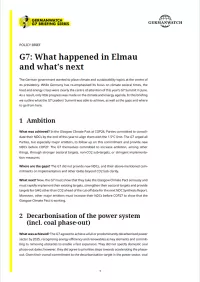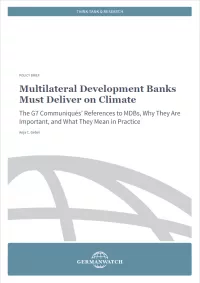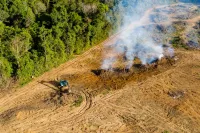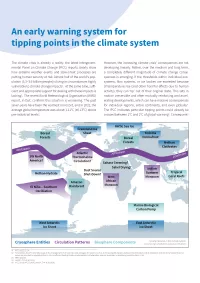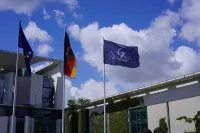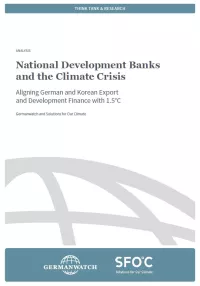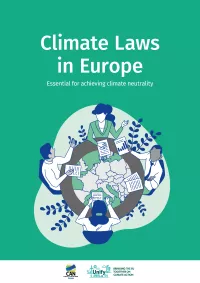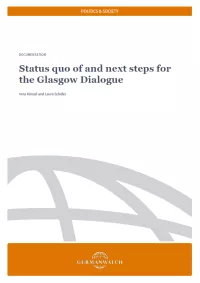
COP26 decided on the Glasgow Dialogue for parties and non-party stakeholders to discuss existing arrangements for funding activities to avert, minimize and address loss and damage. The first dialogue took place during the Bonn Climate Change Conference (SB 56) in June 2022. This briefing paper summarises its results in four key areas and makes recommendations concerning necessary next steps.


